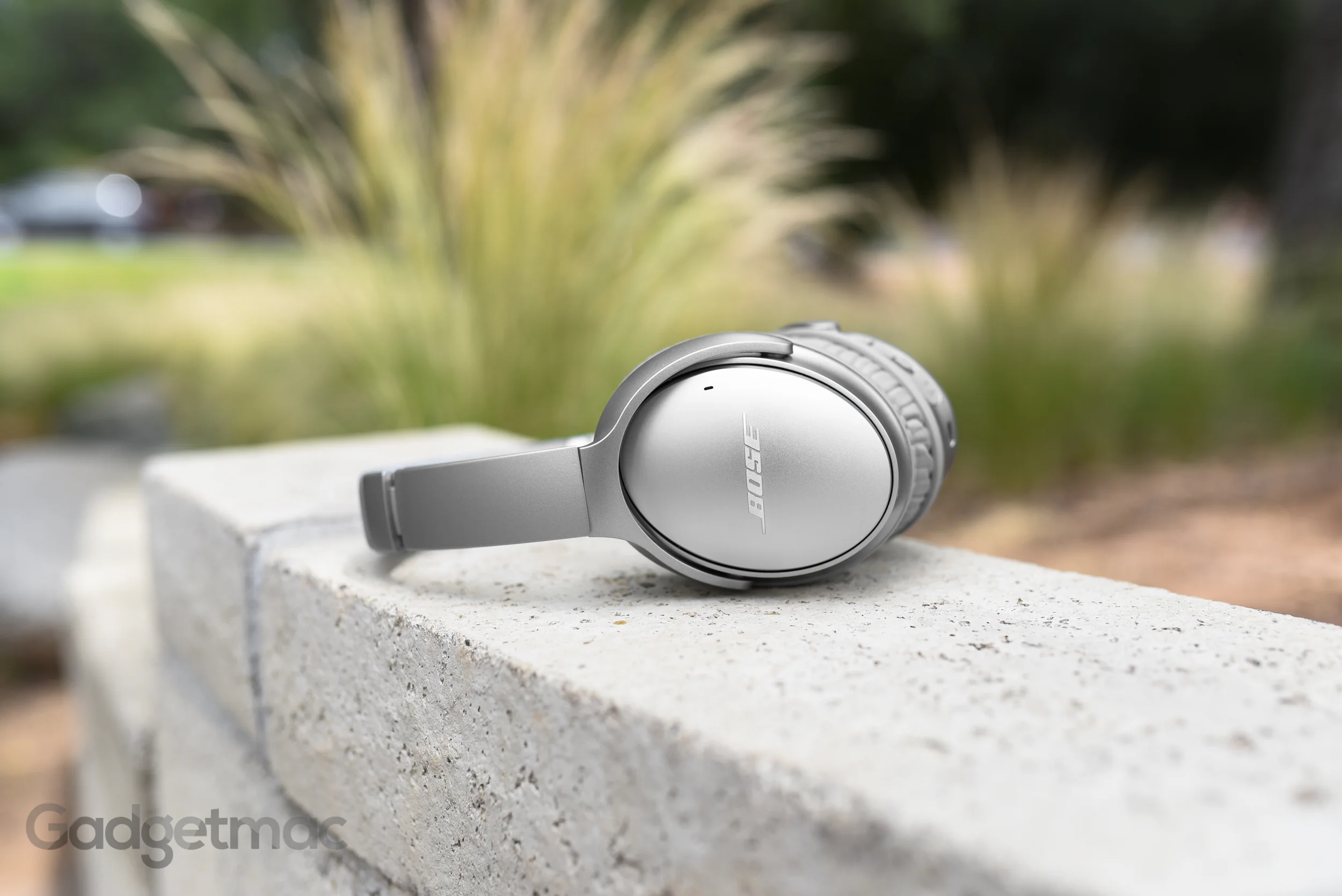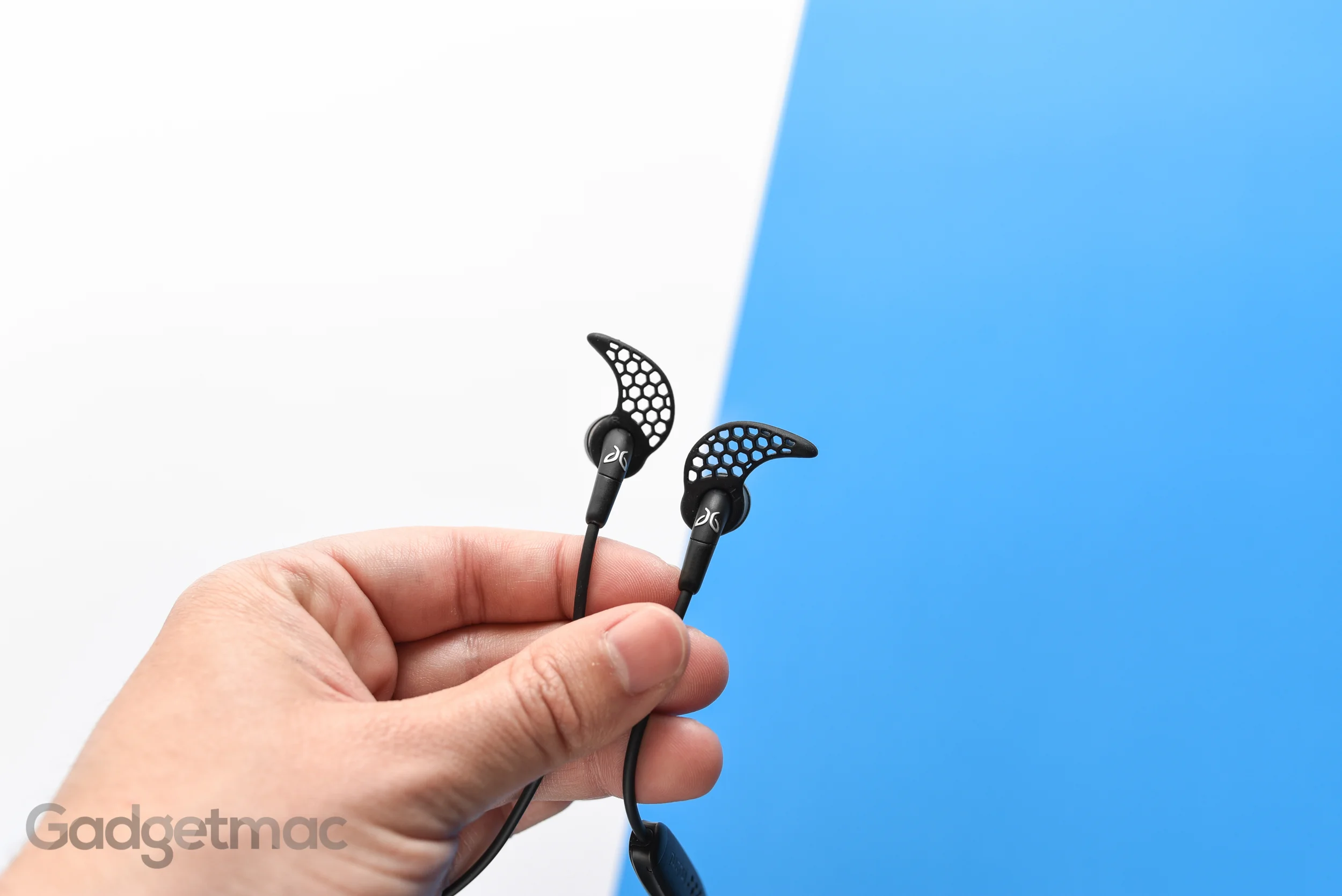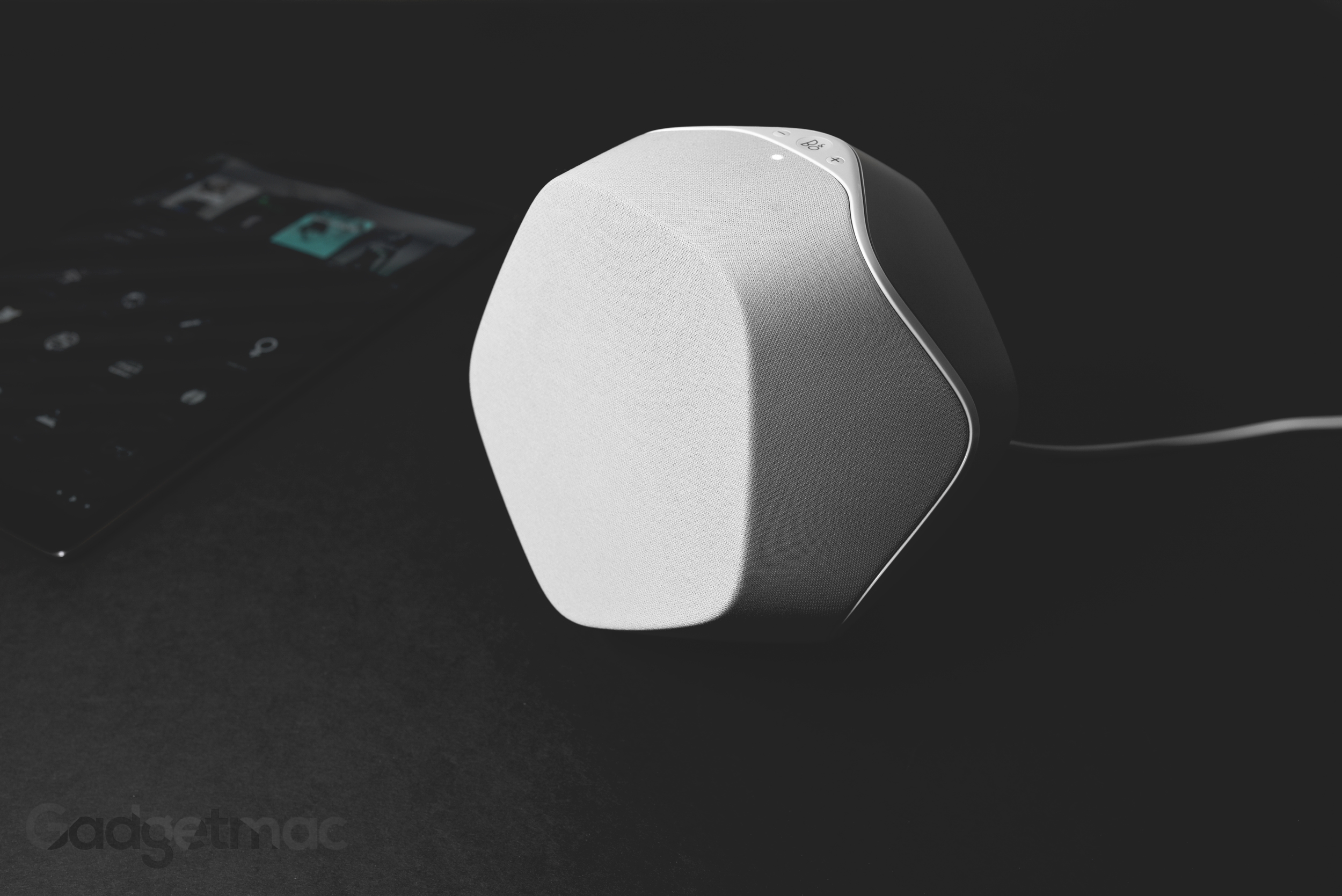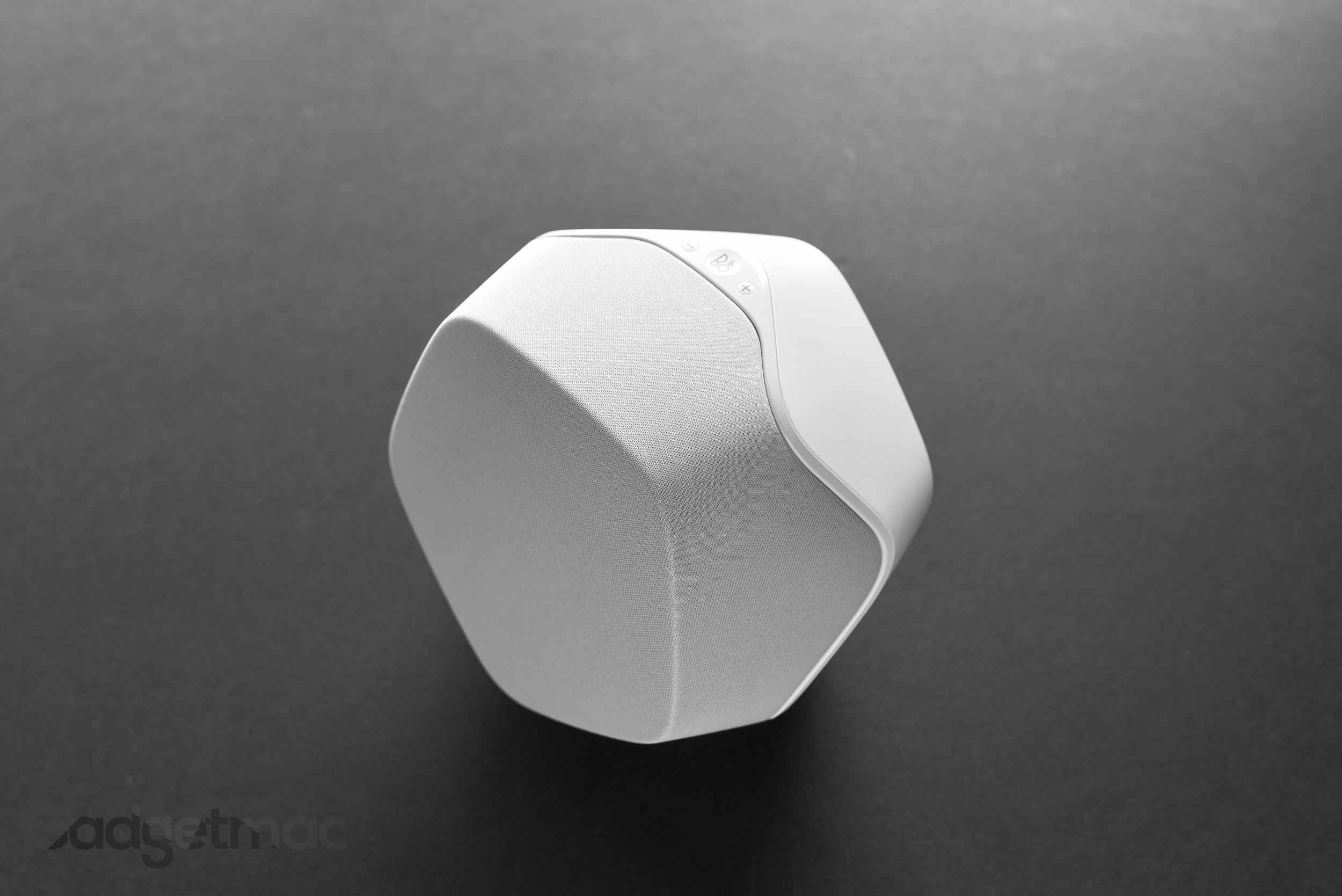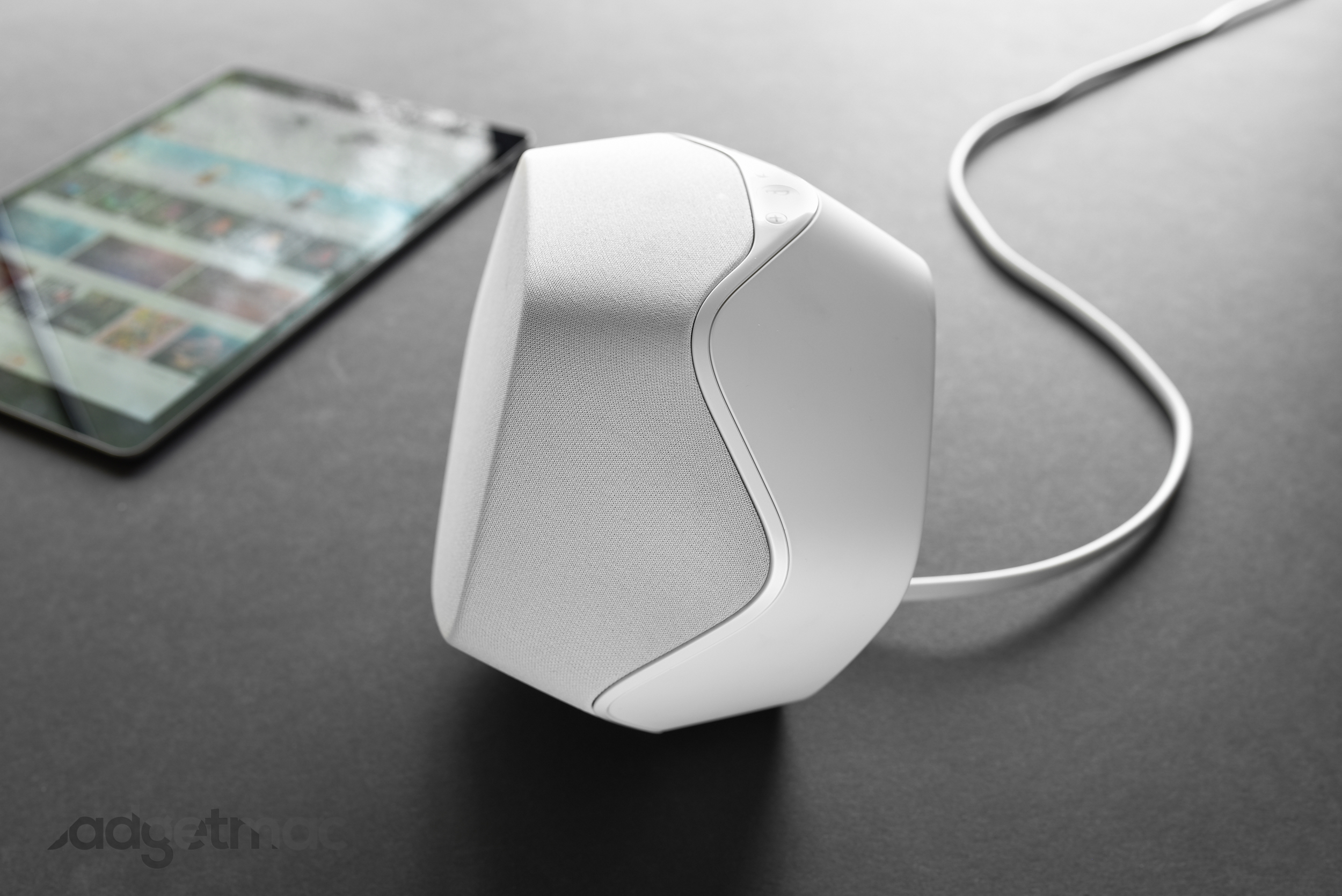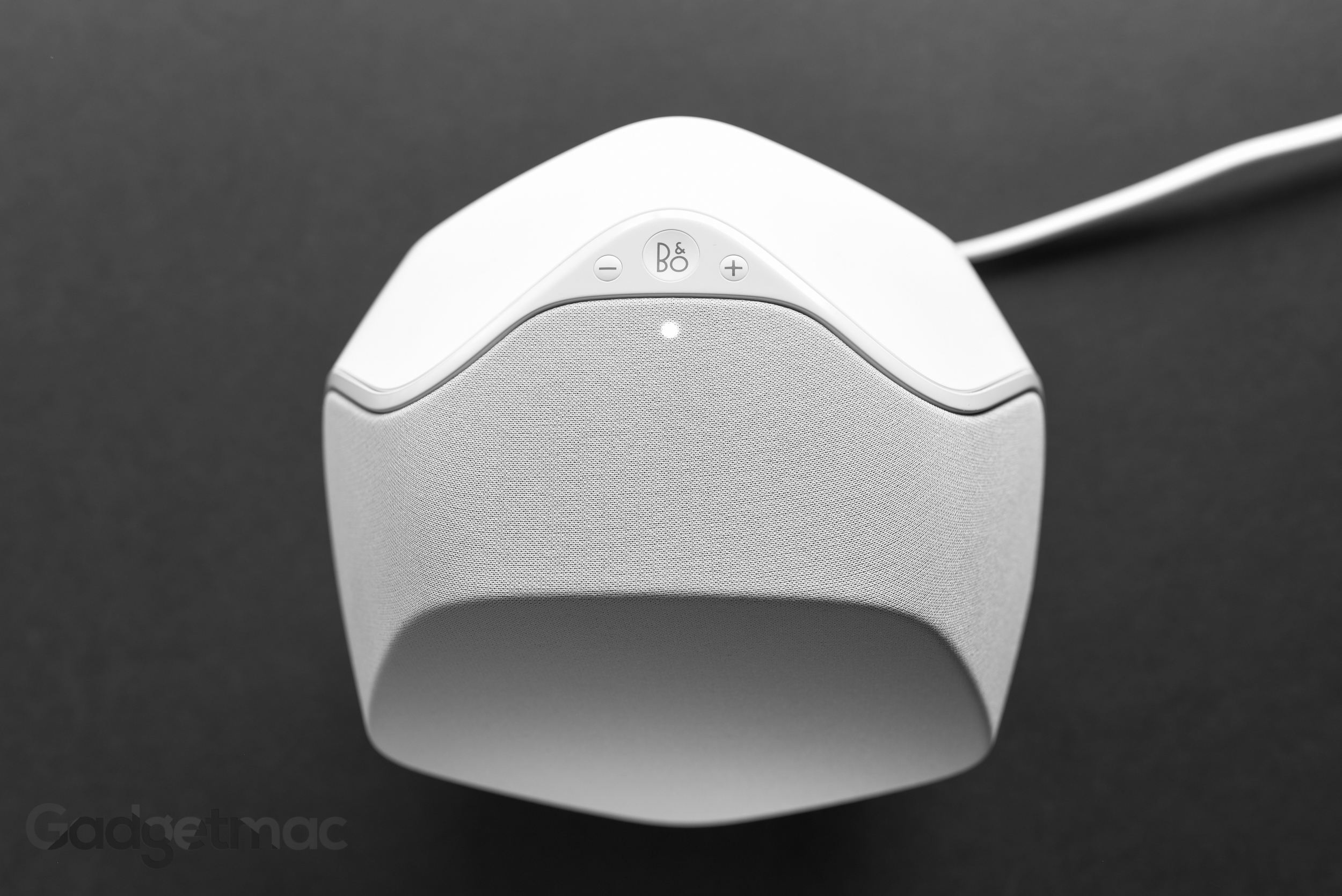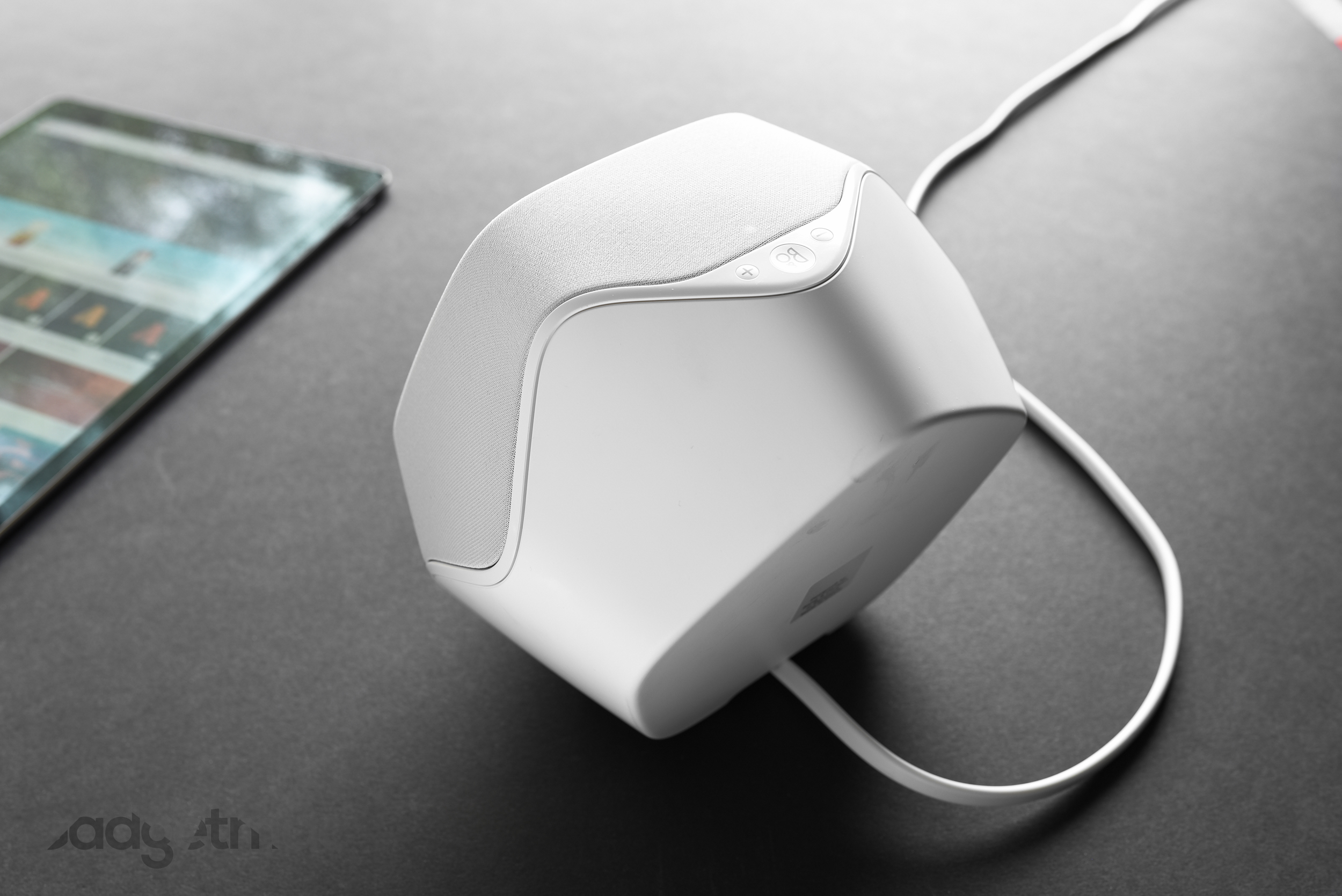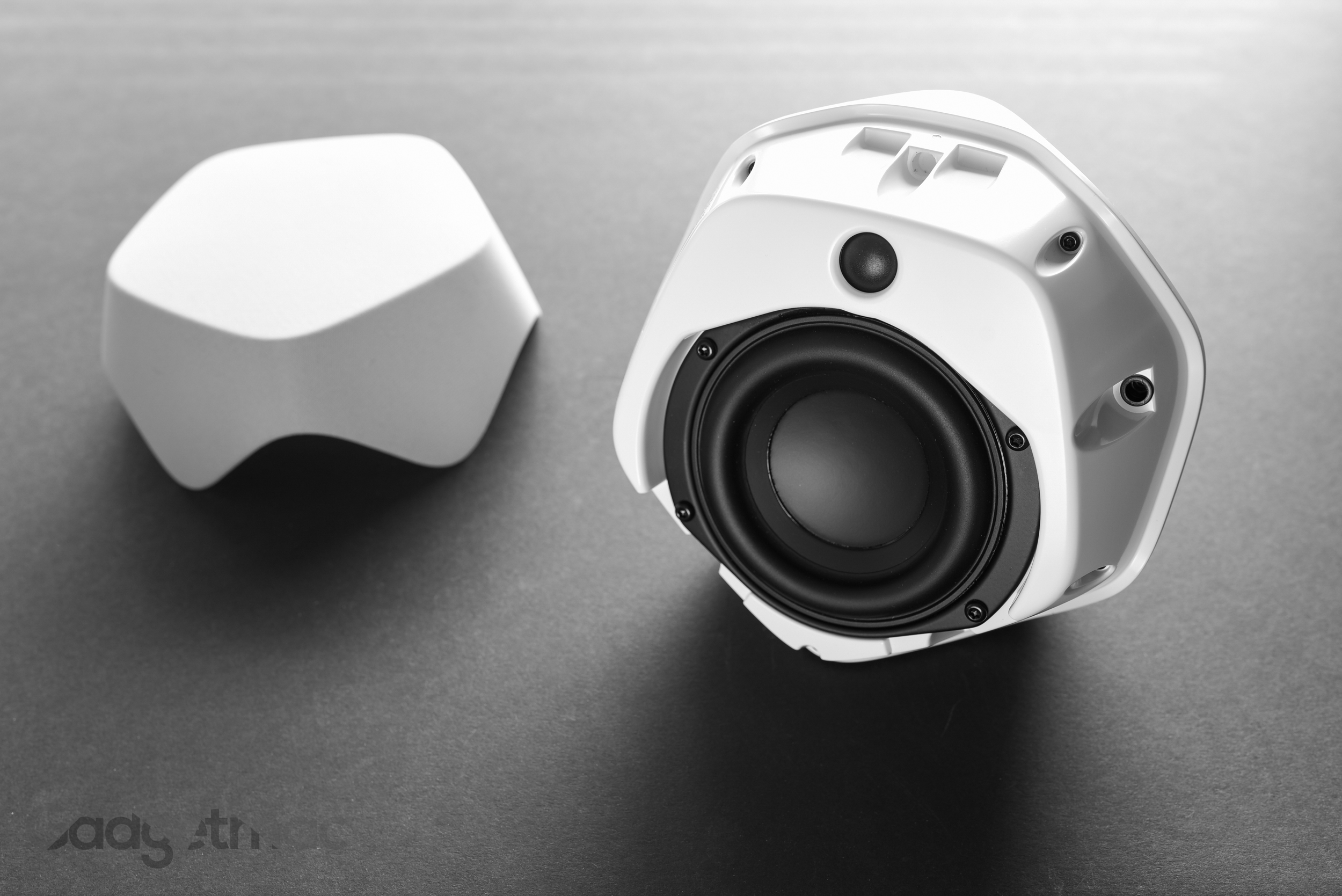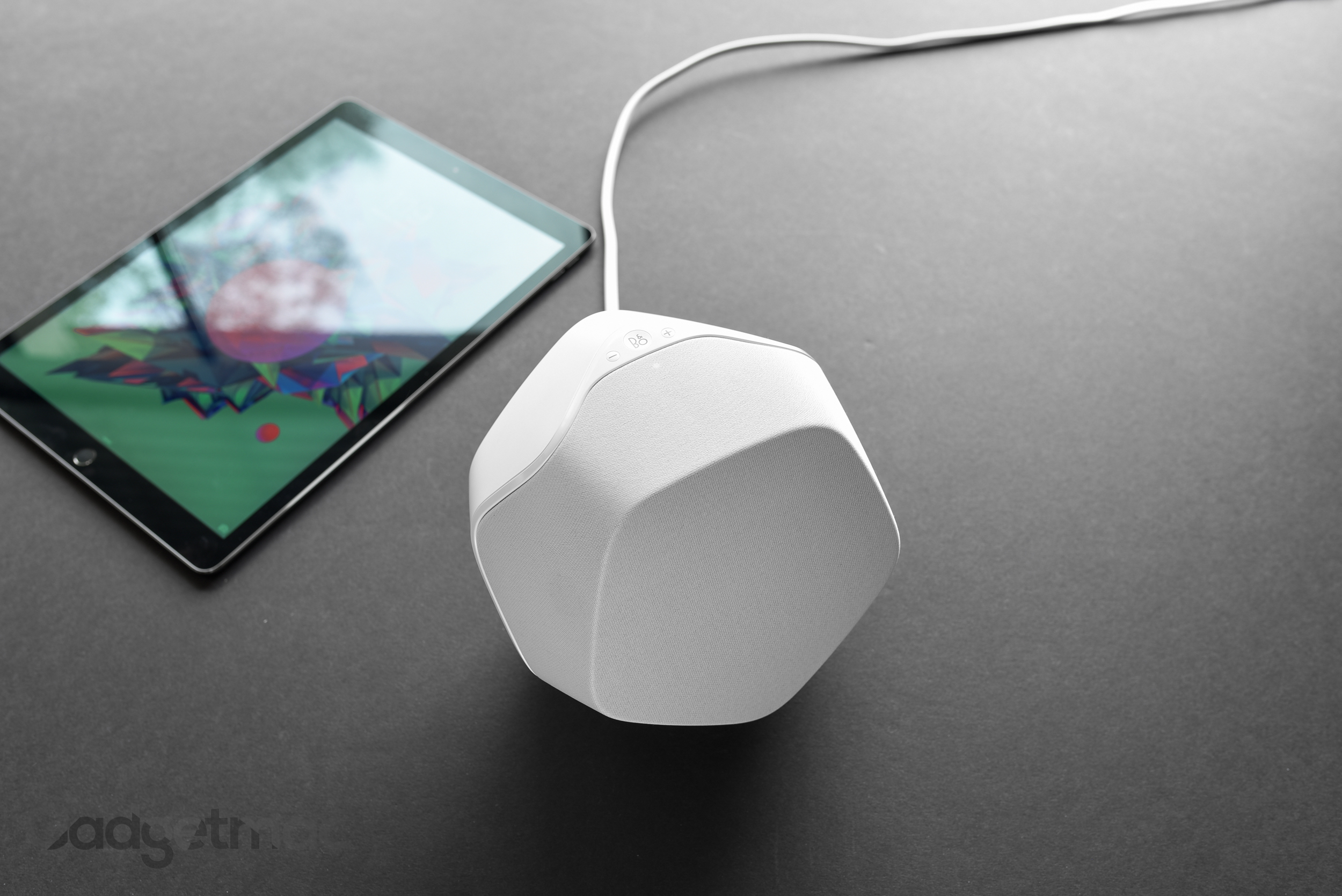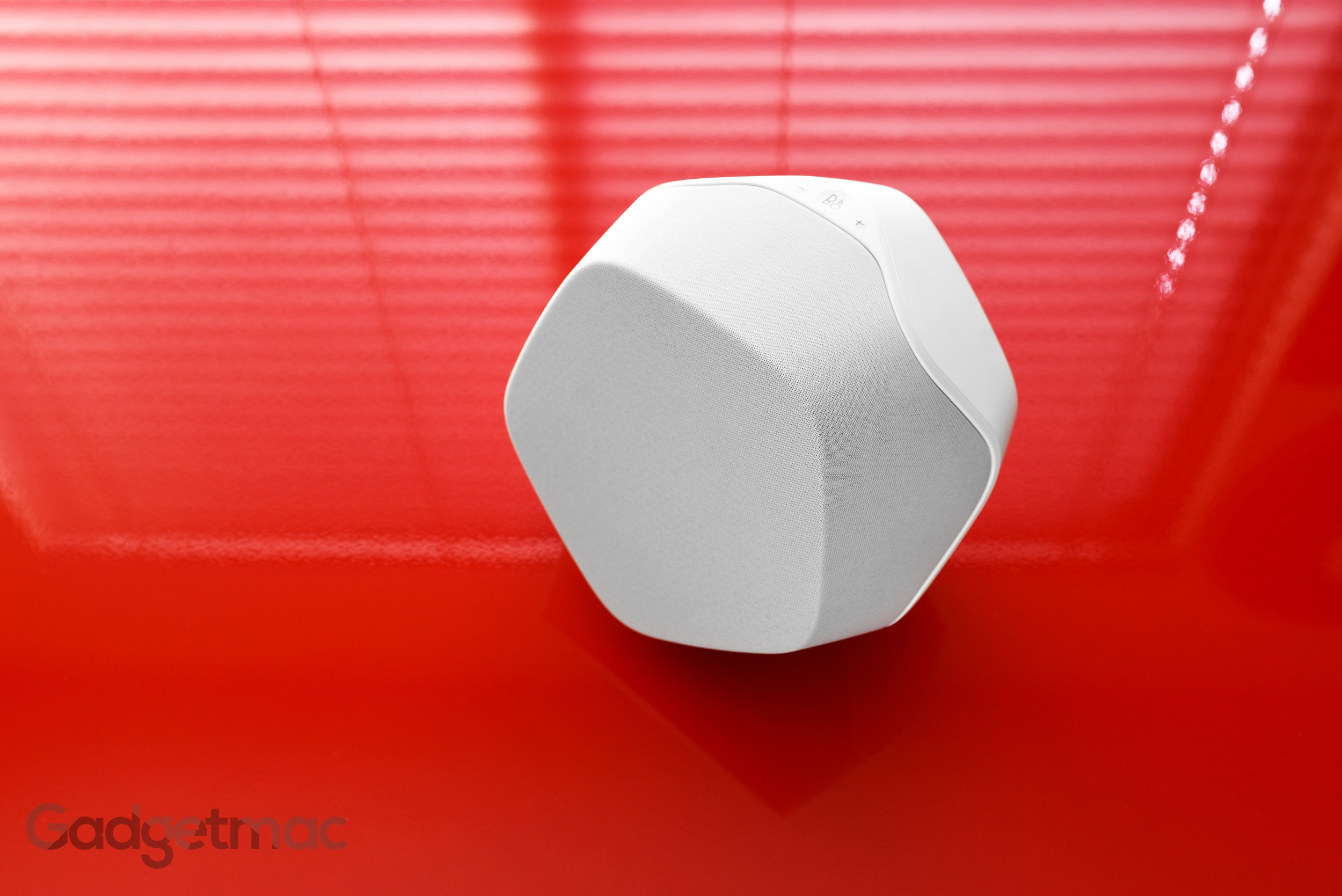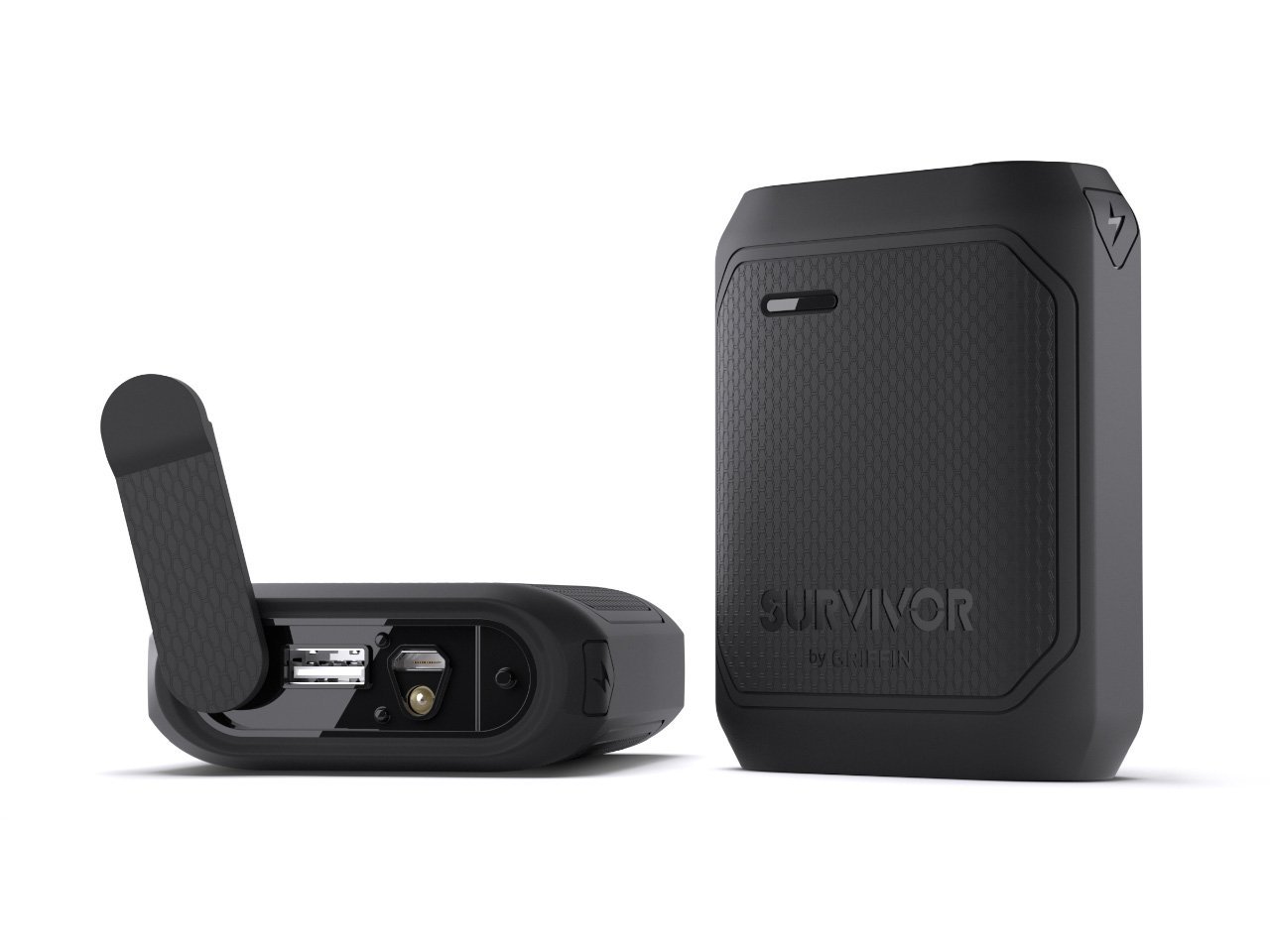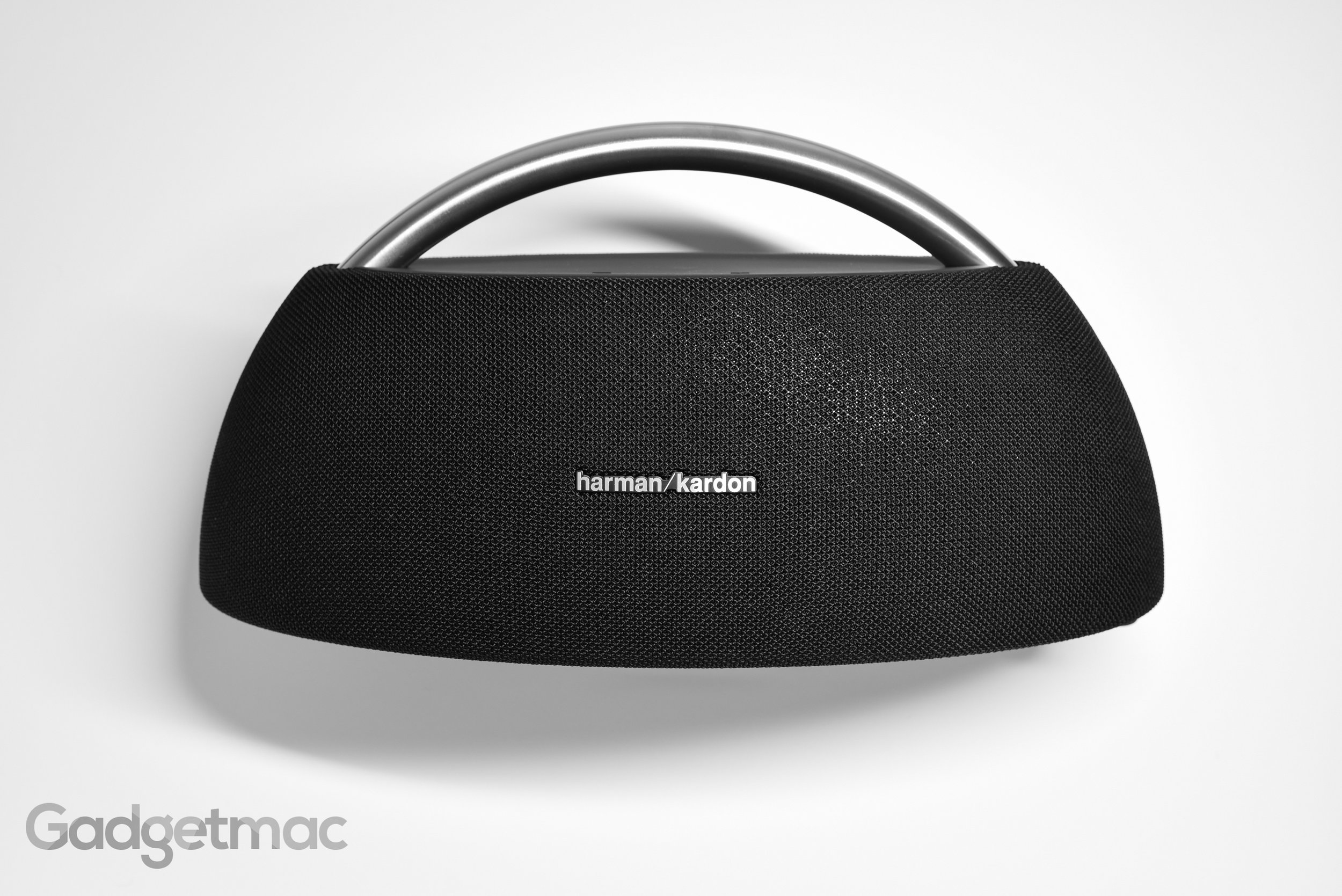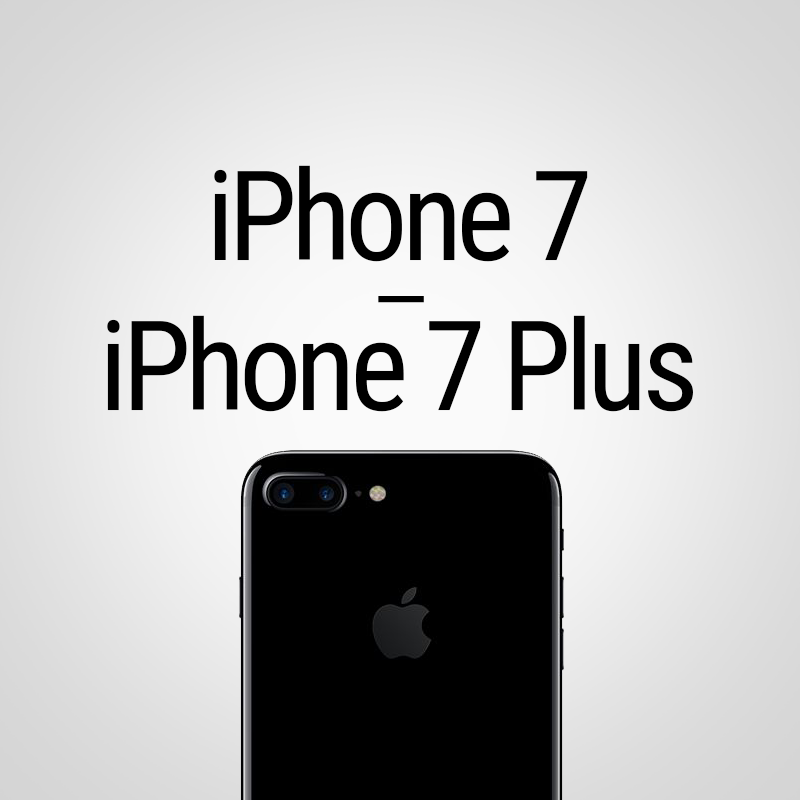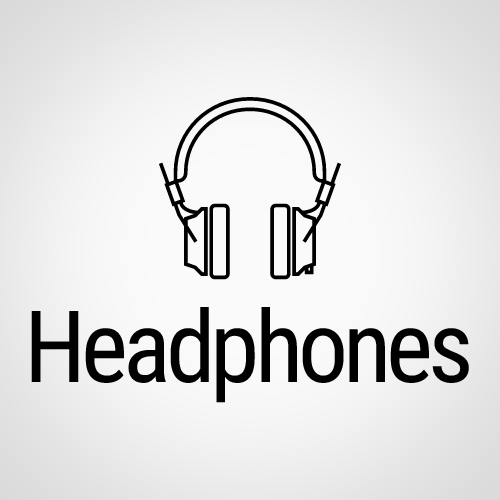Bang & Olufsen BeoPlay S3 Review
/When you want good sounding audio packed into aesthetically pleasing enclosures, you turn to Bang & Olufsen. It's just what you do. This is B&O's BeoPlay S3, a weirdly shaped wireless speaker designed specifically for home use. The S3 is only a mono speaker, but it can easily be paired wirelessly to a secondary S3 speaker in a stereo setup. In other words, B&O wants you to eventually add another speaker so that you can enjoy a more spacious sound. It starts with one, but eventually you'll want to grow your speaker minion collection in order to create an immersive sound experience throughout your home – a la Sonos. But how does just a single S3 speaker perform all on its lonesome? You're about to find out!
We're going to skip the unboxing and get straight into it since nothing interesting is included inside the box other than a relatively short power cable. You can get the S3 in either white or black and it'll set you back $400 when purchased directly from Bang & Olufsen. Pro shopping tip: It's important to note that this very same speaker will now cost you around $200 if purchased on Amazon.
So how big is it anyway? It must be one chunky piece of gear at $400, right? Quite the contrary. The Beoplay S3 can easily be picked up with one hand as its inconspicuously small and compact form factor was designed to be put off in some corner and be forgotten about. Its job is to stay in one place and play music whenever you hit play. However and despite its small size, the S3 produces huge sound that can fill an entire room at half volume.
As much as I like the S3's geometric dodecahedron styling, which has been conceived by renowned industrial designer Jakob Wagner – the same person responsible for the beautifully crafted B&O H6 headphones, I can't say that the build quality is all too impressive. The materials don't seem to have the same level of quality you'd expect out of Bang & Olufsen and some of its other product offerings. The fabric portion of the speaker, which makes up half of the speaker, is made from an outdated and thin nylon material rather than what typically is used such as the more premium Kvadrat fabrics. It's also quite surprisingly plasticky believe it or not. The speaker cabinet is all plastic. Something that costs this much and is made by a brand with such credibility, I would have expected a lot more to be perfectly honest.
The only controls you're going to find on the S3 are situated at the top of the speaker next to a white LED light that constantly stays on when the speaker is powered. There is no on/off button, the S3 remains active as long as it is connected to a power outlet so it's always ready to go. The center B&O button is used to pair devices over Bluetooth including wirelessly connecting a second S3 speaker, and it is flanked by two volume controls. That's all there is to it. You won't find any built-in microphones, playback controls or a built-in rechargeable battery as this isn't a portable speaker even though it's actually smaller and lighter than some of the portable wireless speakers on the market such as the JBL Xtreme and Bang & Olufsen's own Beolit 15.
Think of it like a Sonos Play:1. You can use one speaker in one location or wirelessly add another one in the same location creating a left and right channel arrangement, but unlike the Play:1, you cannot place the speakers in different rooms and have them both play the full range of sound as there is no way to change how each speaker automatically defaults into playing only a left or right channel.
Taking a look behind the speaker we can see its uneventful flat posterior, but also quite a few connection inputs and what also looks like a mounting setup for a floor stand accessory – which B&O failed to make note of. Flanking the power input are two 3.5mm analog audio in and out connections for daisy chaining and connecting multiple S3 speakers together (up to 4), as well as a micro-USB input for using audio digitally instead of wirelessly pairing via Bluetooth.
If there was one thing that bothered me the most about the S3 it would easily be its poor Bluetooth performance. There's an insane 4 second lag when you first start to play music or any type of audio for that matter. And yes, that includes videos too, which causes the audio to go out of syncs of course everything you skip through, pause and play a video. It's not so bad when you're just listening to music as it only happens when you first start to play audio, but when you're watching videos, there's a noticeable lag. I did find that restarting the video brings the audio back into sync, but this type of Bluetooth lag shouldn't be present whatsoever. We hope Bang & Olufsen issues some kind of firmware update to fix this as the S3 is capable of updating its firmware using the built-in micro-USB connection, but we're not counting on it. At this point in time there is no companion app made for the S3, so it only shows us that B&O isn't really taking the S3 too seriously by adding extra features like wireless updates and different types of multi-speaker pairing options.
You can remove the front mesh faceplate that covers the internal speaker drivers and swap it out for a different colored faceplate if you’d like to customize the look of your S3. Even though B&O advertises this user-customizable feature, it has yet to offer any accessories for sale.
Under the hood there’s really not much going on. I’d even go as far as to say it looks as if something is missing. But this is what the S3 has got to work with, and it surprisingly does very well with just one big 4-inch woofer and a tiny 3/4-inch tweeter arrangement. Granted, what you can’t see are the S3’s dual, 240watt class D amplifiers, which help turbo boost these drivers into high gear.
Bang & Olufsen's headphones might not be so big on bass, but when it comes to making speakers, Bang & Olufsen puts the "bang" back into its famous name. With only a single speaker to test, the S3 really shined with its audio performance. I'm not sure how B&O did it, but the S3 has that Hi-Fi sound quality that makes it sound like a serious sound system even though without a second unit, it's limited to delivering mono sound.
You won't believe the sound that is coming out of this highly stylized little bookshelf object. The S3 produces silky smooth, extra-thick sounding bass that is capable of effortlessly reaching so low without distorting or drowning the mids it'll put a dumb smile on your face. And what amazes me the most, the S3 sounds great at any volume unlike other speakers. But most importantly it stays consistent across the board. Bass doesn't lose its richness at high (super loud might I add) volumes. It’s really just the best sounding wireless speaker (portable or not) we’ve tested at this size and price bracket.
At first blush, the S3 didn't sound convincingly better than the the $300 JBL Xtreme, which not only costs less, but is portable and can be used anywhere you'd like. Not only that, but the BeoPlay S3 by itself is a mono speaker if not paired with a second unit which essentially doubles the price up to $800. Whereas the Xtreme delivers more stereo separation making audio sound wider than the S3 instead of narrow and directional. That being said and even though the JBL Xtreme has more drivers spread across from left to right, the S3 still sounds a lot more like a serious speaker.
As for the sound signature, the S3 sounds brighter and less warm and congested as the JBL Xtreme when compared side by side. The detail and clarity of the highs and mids are more engaging on the S3. That said, the Xtreme is obviously designed for portable use using water-resistant materials and a built-in battery. Although the Xtreme can produce very thumpy bass, when listening to Daft Punk's One More Time for example – you can definitely notice the difference in bass performance between the two speakers. Bass does sound more pleasing coming out of the S3, it's more rounded and full-bodied with a deeper low-end extension. This isn't as apparent when listening to different kinds of music though.
If you want really clean, amazingly clear sound with beautiful deep bass and rich mids for under $400, you cannot go wrong with Bang & Olufsen’s BeoPlay S3. The few caveats include an irritating 3-4 second Bluetooth lag (hopefully this gets fixed via firmware), and the lack of stereo separation that comes with only using one S3 speaker and in order to get the full effect you’ll need to purchase a second unit.
For a non-portable speaker, we don't think the BeoPlay sounds good enough to merit a $400 price tag, especially considering its mono-sounding and like we said, to really get an immersive sound experience, you'd need to invest in a second one bringing the total cost up to $800. It's not as practical as a pair of Sonos Play:1 wireless speakers. Fortunately for you however, the BeoPlay S3 costs half as much if you purchase it on Amazon. Which also means that for the price of one, you can get two! And for that very reason, we'd tell you to consider grabbing a pair.
If you could care less about taking your speaker with you on trips and whatnot, the BeoPlay S3 is one impressively great sounding wireless speaker to use at indoors. It doesn't have a premium build quality and it does come at a steep price considering how small it is, but with that being said, we really can't fault it as far as sound performance. Despite not having such great stereo sound separation, the S3 still produces a compelling sound quality that demanding listeners will absolutely enjoy.



